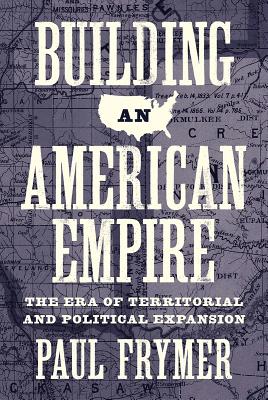Expedite your nonfiction book discovery process with Readara interviews, summaries and recommendations, Broaden your knowledge and gain insights from leading experts and scholars
In-depth, hour-long interviews with notable nonfiction authors, Gain new perspectives and ideas from the writer’s expertise and research, Valuable resource for readers and researchers
Optimize your book discovery process, Four-to eight-page summaries prepared by subject matter experts, Quickly review the book’s central messages and range of content
Books are handpicked covering a wide range of important categories and topics, Selected authors are subject experts, field professionals, or distinguished academics
Our editorial team includes books offering insights, unique views and researched-narratives in categories, Trade shows and book fairs, Book signings and in person author talks,Webinars and online events
Connect with editors and designers,Discover PR & marketing services providers, Source printers and related service providers

Building an American Empire: The Era of Territorial and Political Expansion
Political Science > Political Ideologies - Nationalism & Patriotism
- Princeton University Press
- Paperback
- 9780691191560
- 9.21 X 6.14 X 0.7 inches
- 1.05 pounds
- Political Science > Political Ideologies - Nationalism & Patriotism
- (Single Author) Asian American
- English
Readara.com
Book Description
How American westward expansion was governmentally engineered to promote the formation of a white settler nation
Westward expansion of the United States is most conventionally remembered for rugged individualism, geographic isolationism, and a fair amount of luck. Yet the establishment of the forty-eight contiguous states was hardly a foregone conclusion, and the federal government played a critical role in its success. This book examines the politics of American expansion, showing how the government's regulation of population movements on the frontier, both settlement and removal, advanced national aspirations for empire and promoted the formation of a white settler nation.
Building an American Empire details how a government that struggled to exercise plenary power used federal land policy to assert authority over the direction of expansion by engineering the pace and patterns of settlement and to control the movement of populations. At times, the government mobilized populations for compact settlement in strategically important areas of the frontier; at other times, policies were designed to actively restrain settler populations in order to prevent violence, international conflict, and breakaway states. Paul Frymer examines how these settlement patterns helped construct a dominant racial vision for America by incentivizing and directing the movement of white European settlers onto indigenous and diversely populated lands. These efforts were hardly seamless, and Frymer pays close attention to the failures as well, from the lack of further expansion into Latin America to the defeat of the black colonization movement.
Building an American Empire reveals the lasting and profound significance government settlement policies had for the nation, both for establishing America as dominantly white and for restricting broader aspirations for empire in lands that could not be so racially engineered.
Author Bio
Paul Frymer is a Professor of Politics and Director of the Program in Law and Public Affairs at Princeton University. His research and teaching interests are broadly in American politics and public policy, engaging specifically in questions of law, civil rights and race, labor and employment, parties and social movements, and historical-institutional development.
He is the author of numerous articles and three books: Uneasy Alliances: Race and Party Competition in America (Princeton University Press, 1999, second edition 2010); Black and Blue: African Americans, the Labor Movement, and the Decline of the Democratic Party (Princeton University Press, 2008); and Building an American Empire: The Era of Territorial and Political Expansion (Princeton University Press, 2017).
Black and Blue received the best book award from the American Political Science Association's Race, Ethnicity, and Politics Section, and an article from the book project received the Mary Parker Follett Award for best article in Politics and History, the McGraw Hill Prize for best article in Law and Courts from the American Political Science Association, and the Best Article award from the Law and Society Association. Building an American Empire received the J. David Greenstone Award for the best book in Politics and History and the best book in Political Sociology from the American Sociological Association.
He is also the recipient of multiple teaching awards, including the Stanley Kelley, Jr. Teaching Award from the Princeton Politics Department. He has a B.A. and J.D. from U.C. Berkeley and a Ph.D. in political science from Yale University.
Source: Program in Law and Public Affairs Princeton University
Videos
No Videos
Community reviews
No Community reviews

